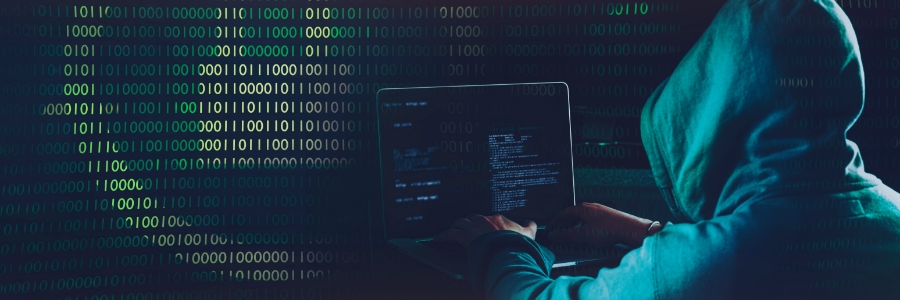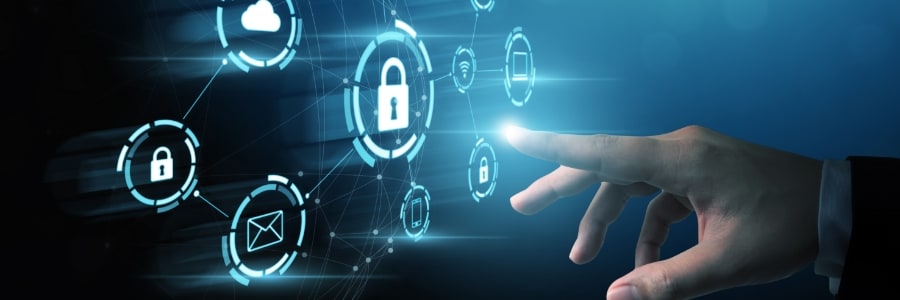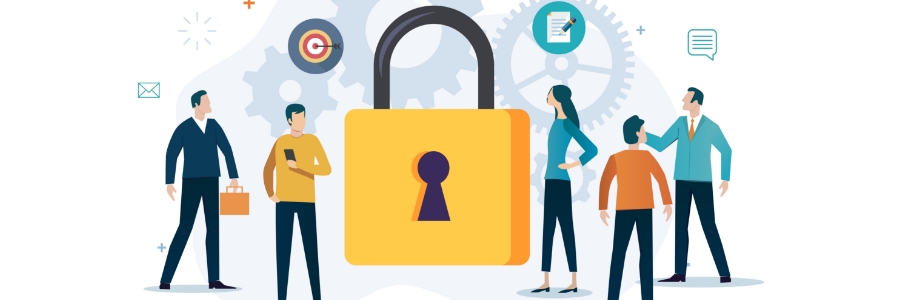The rise of remote work and virtual communication has made it more important than ever to secure our devices against cyberthreats. Hackers are constantly finding new ways to exploit our digital vulnerabilities, from webcam spying to unauthorized screen viewing.
6 Proven strategies to keep your work devices secure
How to create stronger passwords
A guide to protecting your Microsoft 365 data
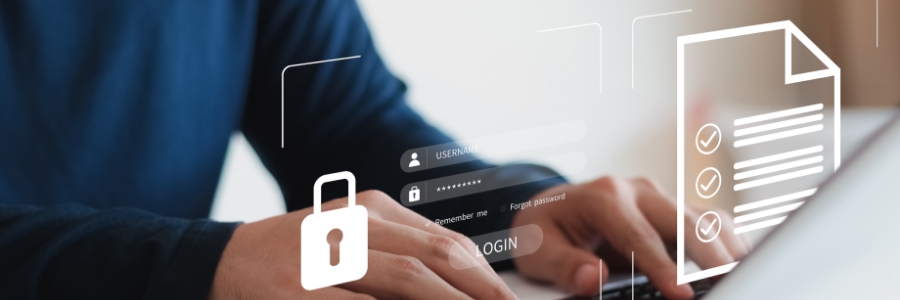
Microsoft 365 offers a number of features to help you protect your business’s data. In this article, we provide seven ways to boost data protection in Microsoft 365. Follow these tips so you can rest assured that your data is safe and secure.
Secure mobile devices
It’s common for employees nowadays to use personal smartphones or computers to access their work email, calendar, contacts, and documents, especially if they’re working remotely.
How to improve your online security: Tips for safe surfing
Work from home security best practices
Your password may not be secure — update it now
The National Institute of Standards and Technology (NIST) once said that a good password consisted of three things: upper- and lowercase letters, numbers, and symbols. However, the NIST has now reversed its stance on good passwords. Here’s why and what they are now recommending.
Microsoft 365 data loss protection: A quick and easy guide
Businesses of all sizes and across all sectors are turning to Microsoft 365 for the productivity-boosting benefits it offers. Many also choose the subscription service for its robust security features designed to safeguard against cyberthreats of all kinds.
2FA and MFA: What’s the difference?
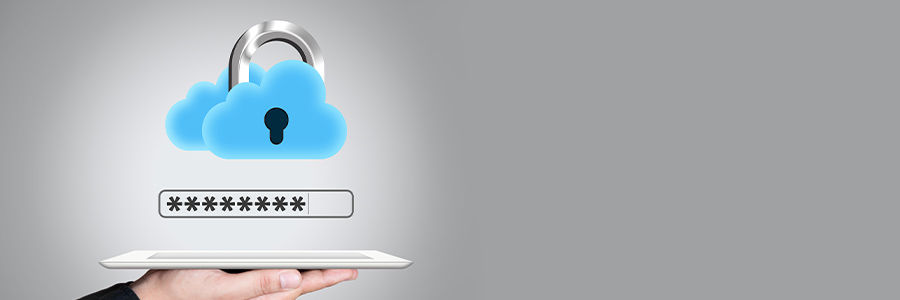
As cyberattacks become more sophisticated, it’s no longer enough to use passwords to secure our online accounts. This is why big companies like Microsoft and Google are shifting to more modern security solutions like two-factor authentication (2FA) and multifactor authentication (MFA). 2FA and MFA are authentication methods that verify the identity of a user on top of a password.
Safeguard your social media accounts from hackers
Social media phishing attacks are on the rise, with Facebook being one of the most commonly impersonated brands. Hackers are now employing more sophisticated tactics to steal personal data from social media users. To keep your data safe from them, heed our reminders and tips to strengthen your privacy settings and keep bad actors away.
Improve internet security with these easy tips
With over four billion internet users around the globe totaling roughly 59% of the population, the internet is rife with opportunities for hackers to steal users’ information. And with technology constantly evolving and the internet growing, it’s not likely to get safer anytime soon.
- 1
- 2

